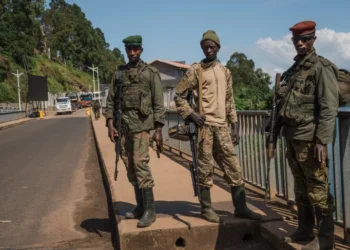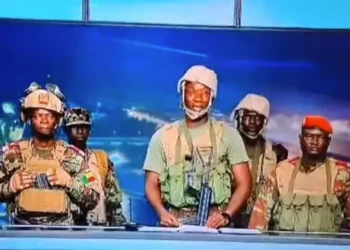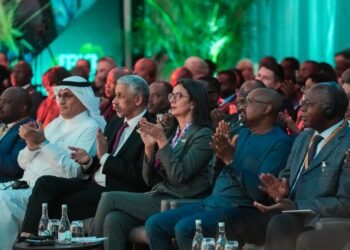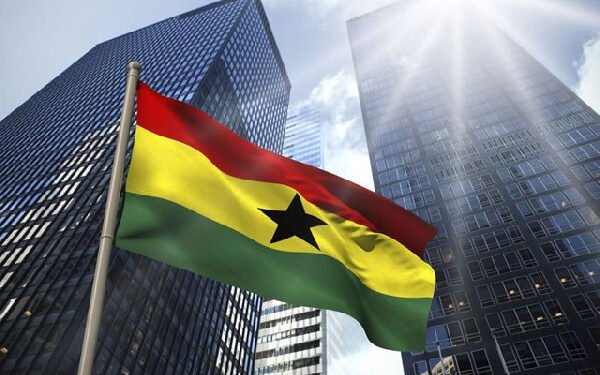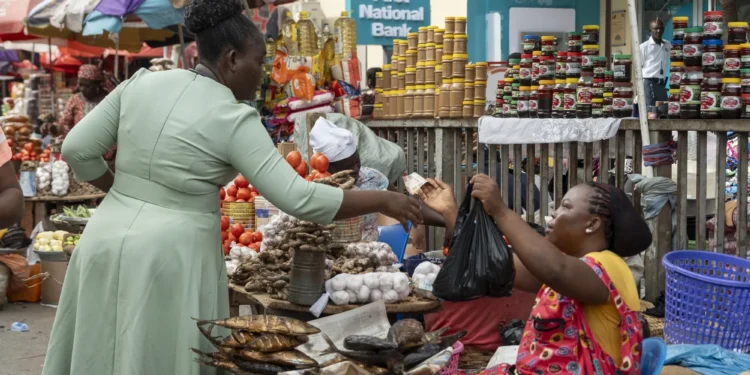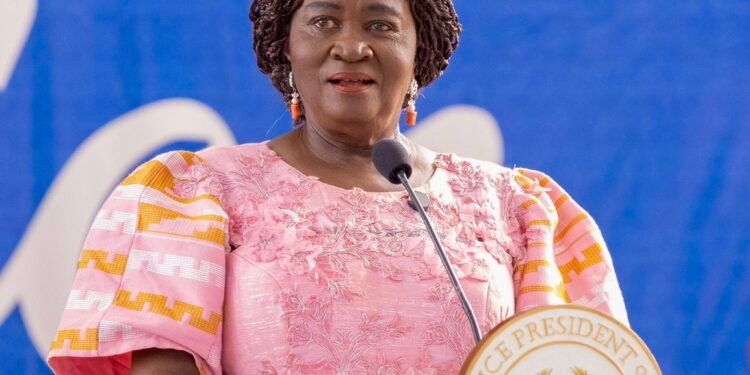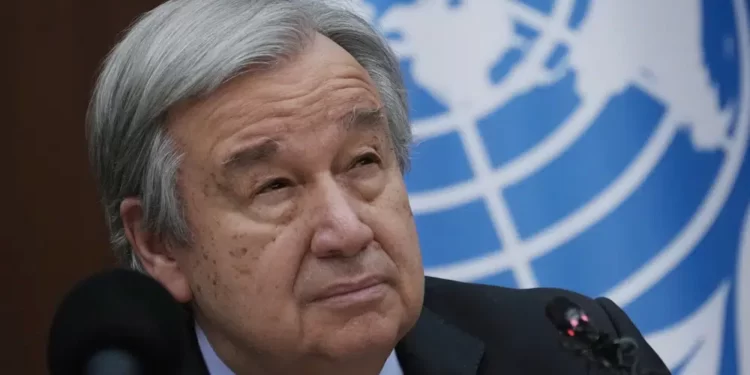Sudanese airlines have been abruptly barred from operating flights to and from the United Arab Emirates, a move that highlights the growing strain in diplomatic relations between the two countries.
According to aviation industry insiders, who declined to be named due to restrictions on speaking to the media, UAE civil aviation authorities issued a directive halting flights operated by Sudanese carriers Badr and Tarco from entering or departing Dubai and Sharjah.
The decision, which came without an official explanation, triggered immediate disruption, especially at Port Sudan airport. At the time the directive was released, passengers aboard a Tarco flight had already completed their departure formalities, adding to the confusion.
Sudan’s Civil Aviation Authority (SCAA) confirmed the ban in an official statement, expressing its surprise at the measure. The authority reported that one Sudanese flight was also blocked from departing Abu Dhabi. “We are coordinating with the relevant bodies and airlines to manage passenger rebooking,” the SCAA said.
The sudden flight suspension comes amid a significant breakdown in relations between Khartoum and Abu Dhabi. Tensions have been high since the Sudanese army accused the UAE of providing logistical support to the Rapid Support Forces (RSF). The RSF has been in armed conflict with the Sudanese Armed Forces since April 2023, escalating into a broader crisis.
In May this year, Sudan’s Security and Defence Council officially severed diplomatic ties with the UAE. The council labeled the UAE as a “state of aggression”, an allegation the Emirati government has repeatedly denied.
Despite the diplomatic rupture, some limited engagements between the two nations have continued. The Sudanese consulate in Abu Dhabi recently resumed operations, serving the Sudanese diaspora in the UAE. Additionally, trade in gold, a crucial export for Sudan, has not ceased, with shipments still reaching Emirati markets.
Sudan Charges Rival ‘Tasis’ Alliance Leaders With War Crime
In another development, Sudan’s Public Prosecution announced new criminal charges against 17 leaders of the recently formed ‘Tasis’ alliance. The group, which includes paramilitary chief Mohamed Hamdan Daglo (commonly known as Hemetti), stands accused of war crimes and actions aimed at destabilizing the state.
The Tasis alliance, established in Nyala last month, is composed of military and political figures who have set up a rival authority to the army-controlled government in Port Sudan. The new charges filed against its members are extensive and severe.
Prominent names among the accused include Abdelaziz al-Hilu, leader of the SPLM-N rebel faction, and former Darfur-based commanders Hadi Idris and Tahir Hajer. The Public Prosecution’s statement claims these individuals committed crimes against civilians in El Fasher, Kadugli, and Dilling, cities in North Darfur and South Kordofan.
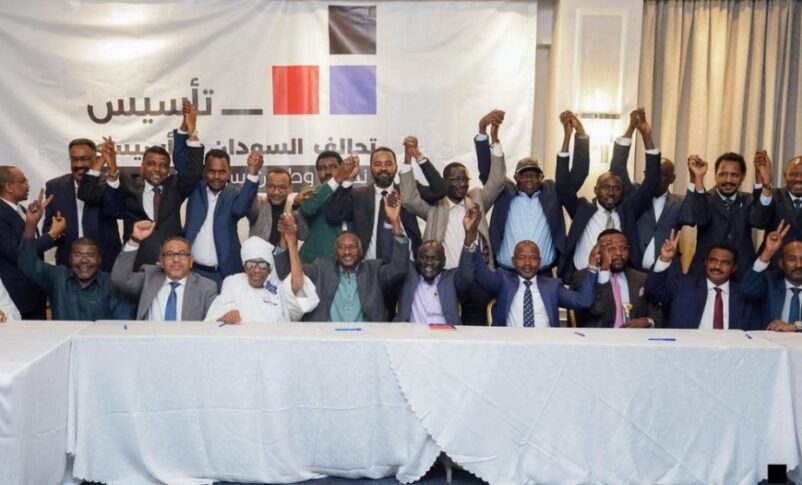
The accusations involve “continuous bombardments, attempts to forcibly displace civilians, and creating sieges that caused starvation,” according to the prosecution. The group is also accused of attempting to topple the country’s constitutional structure by forming an unauthorized parallel government.
Legal charges under Sudanese law include crimes such as genocide, war crimes, crimes against humanity, and waging war against the state. The prosecution has initiated witness interviews and is gathering victim testimonies as the investigation proceeds.
This wave of legal action follows a recent ruling by a Sudanese counter-terrorism court. Just two days ago, the court indicted Hemetti, two of his brothers, and 13 others for their alleged roles in the murder of West Darfur’s former governor, Khamis Abdallah Abakar, who was killed on June 14, 2023. The charges mirror those filed in the current case: genocide and crimes against humanity.
As Sudan’s internal conflict continues to deepen and its external alliances fray, the latest developments indicate a rapidly deteriorating political and humanitarian situation, with international travel and legal indictments emerging as the latest battlegrounds.
READ ALSO: India Slams Trump’s Additional 25% Tariff




